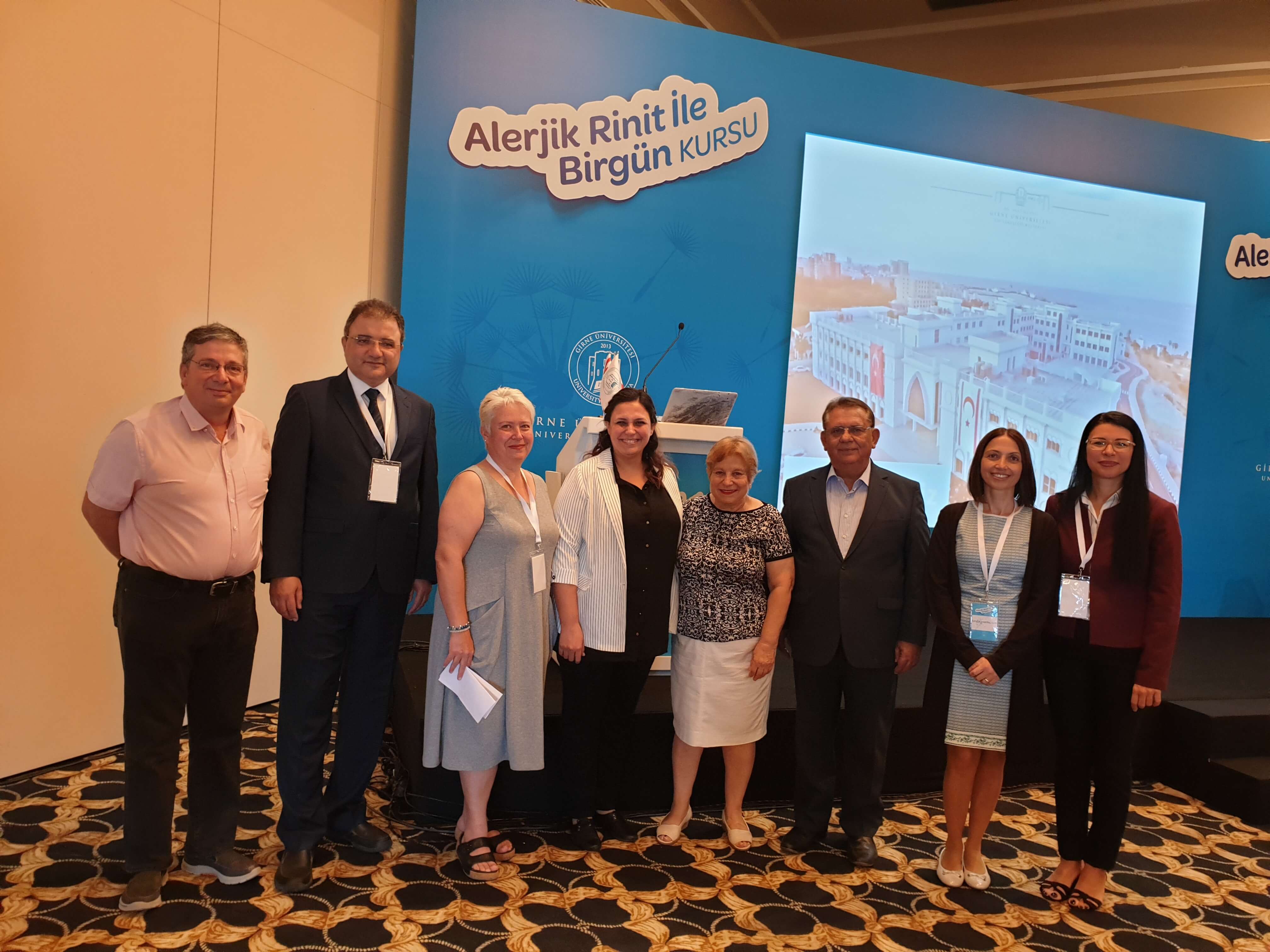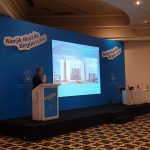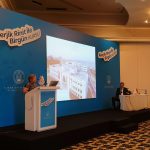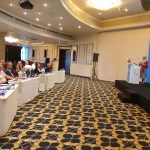
Otorhinolaryngology Specialist and academic member of the Head and Neck Surgery Department Specialist Dr. Pınar Tunçbilek Özmanevra and Dokuz Eylül University Head of Otorhinolaryngology, Head and Neck Surgery Department Prof. Dr. M. Cenk Ecevit, organized the ‘allergic rhinitis’ educational program for the Head and Chest diseases physicians. The course that took place between the 11th and 13th of October has been organized within the scope of the scientific activities of our university.
From Near East University Otorhinolaryngology department, Prof. Dr. Ferhat Erişir, Asst. Prof. Dr. Eda Tuna Yalçınozan, Specialist Dr. Hasan Şafakoğulları and Specialist Dr. Remzi Tınazlı attended the program. University of Kyrenia Dean of Faculty of Medicine Prof. Dr. Rüveyda Bundak made the opening speech of the program.
Participants showed a great interest in the course presented by the following speakers; Prof. Dr. M. Cenk Ecevit, Prof. Dr. Müge Özcan, Prof. Dr. İlknur Haberal Can, Prof. Dr. Arzu Babayiğit Hocaoğlu, Assoc. Prof. Süay Özmen, Specialist Dr. Pınar Tunçbilek Özmanevra and Specialist Dr. Remzi Tınazlı. During the program, unlike other seminars and courses, a simulated patient has been used for problem based training techniques.
Specialist Dr. Pinar Tunçbilek Özmanevra during her presentation that attracted great interest stated that: “Cases of rhinitis are increasing due to the changes in season’s pollens and the increasing air pollution due to the effects of global warming. Allergic rhinitis, is a common disease with an unknown cause or mechanism. Following the ENT specialist training, the follow-up of the current literature becomes difficult due to today’s health system and working conditions. Accordingly, ENT specialists need short-term trainings in order to access developing and changing medical knowledge. In particular, the use of problem-based education models that play an important role in adult education increases the efficiency of such courses. In the feedback of the participants about the course; problem-based training with the use of a simulated patient was found to be very useful and appreciated. ”






